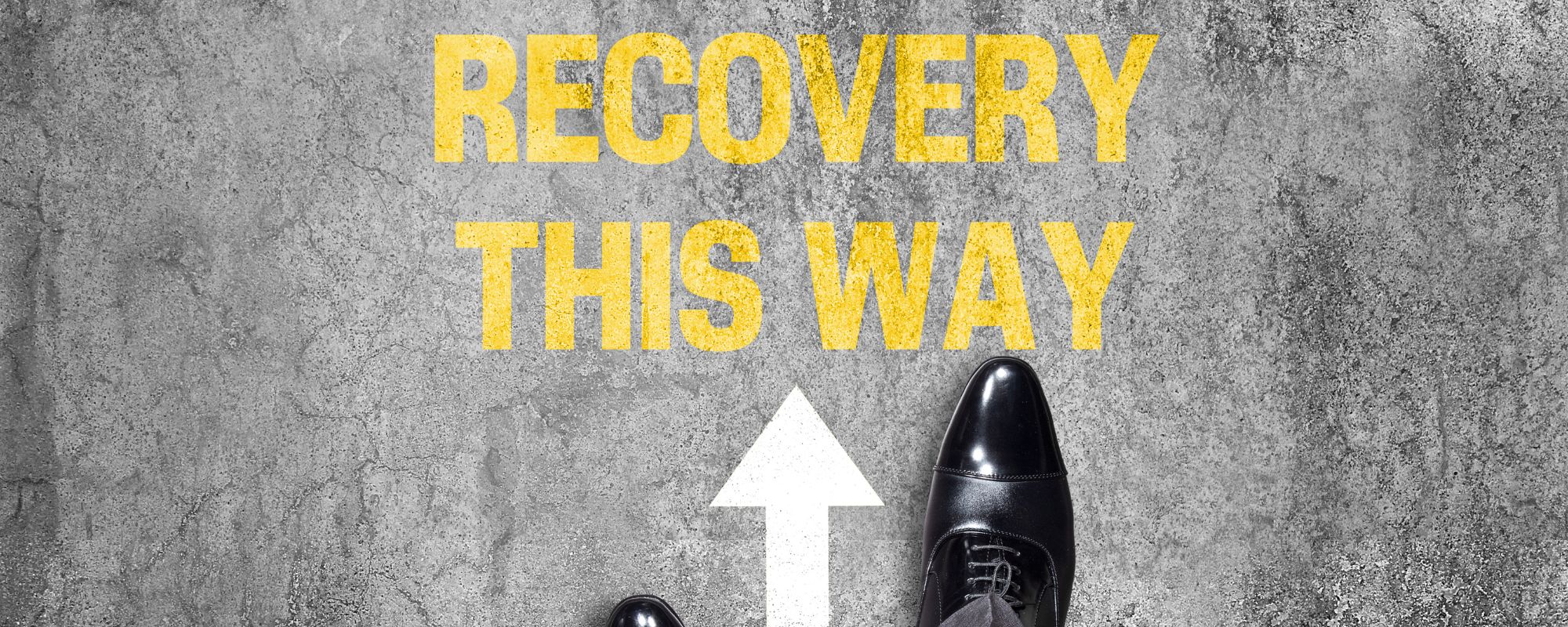You’ve found yourself in a situation where it seems like you could relapse any day, or even any moment. Don’t panic. Even if relapse seems imminent, you are in control of your thoughts and actions. Take a breather and remind yourself that cravings pass. Remind yourself that, though addiction is a disease, drinking or using is ultimately a conscious decision because you can choose whether or not to pick up.
No matter what point in recovery you are in, you should have a plan in place that will protect you when you have cravings and when you find yourself in triggering situations. Even if you’ve made the decision to drink or get high, you don’t have to follow through; don’t resign yourself to the idea that if it’s going to happen, it’s going to happen. There are steps you can take when relapse seems imminent to prevent intention from becoming action.
1.Assess the situation
Ground yourself by asking yourself some basic logistical questions. Getting a better grasp on what’s going on around you and your physical existence can help you to focus and re-orient yourself. Where are you? Did you walk here or drive here? Who are you with? What was your intention coming to this place to begin with? Are you in immediate danger?
2.Assess yourself
Once you’ve laid out for yourself exactly where you are, physically, assess yourself emotionally. What habits have you recently made a part of your routine? Are your eating and sleeping patterns healthy? Are you having lots of cravings, skipping meetings or therapy sessions, or isolating yourself from others? Your answers to these questions can help you determine how you got to where you are and what your reaction to the situation should be. It’s important that you trust your gut, but don’t trust yourself too much. If you are feeling stressed or overwhelmed, don’t wait until it becomes unbearable; both of these feelings can result in relapse.
3.Tell someone
You have a support network for a reason: to use it. If you are in a situation in which you believe your sobriety is at risk, or see one coming, reach out. Call someone you trust, like a counselor, sponsor, or sober friend, to help you navigate the situation and your emotions. Don’t attempt to handle it all on your own; your network is there to guide and support you when you feel overwhelmed.
4.Take action
You’ve assessed the situation and yourself and you’ve told someone what is going on. Now, do something. If you are in a compromising situation, leave if you can. If you are with someone who wants to drink or use, ask them to leave you out of it. Do what you need to do to protect yourself. The better you get to know yourself and how you handle triggers, the more comfortable you will become in recovery and the more confident you will feel in your sobriety.
If you do relapse, don’t be discouraged. Addiction is a chronic, relapsing brain disease, and relapse is a part of recovery. It will likely take time for you to figure out what works and how to stay sober. Recovery is a lifelong journey and consists of numerous ups and downs, but people can and do recover every day.
If you or a loved one has a substance use disorder and is ready to begin recovery, please reach out to the Royal Life family for help. We are available 24/7 at (877)-RECOVERY to offer support and answer any questions that you may have about treatment. We are a network of full-service medical detox and inpatient/outpatient centers and treat dependence on alcohol, benzodiazepines, cocaine, methamphetamine, and opioids.









